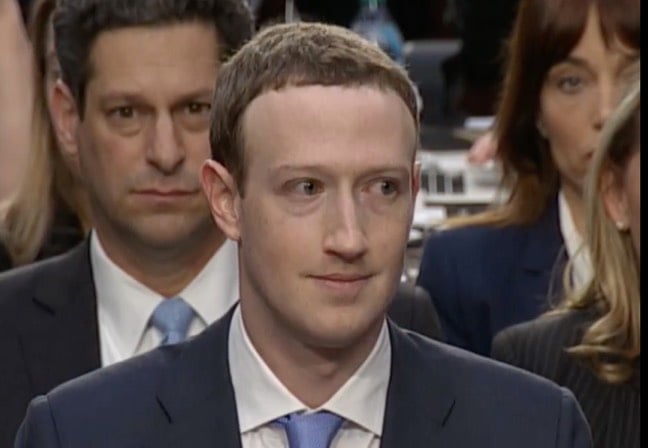GLOBALIST CORPORATIST LEFTIST NPC
When the House Judiciary Committee held a hearing on social media censorship, liberal
DEMOCRAT congressman Ted "Loopy" Lieu transformed into a hardcore libertarian. “This is a stupid and ridiculous hearing,” he said, because “the First Amendment applies to the government, not private companies.” He added that just as the government cannot tell Fox News what content to air, “we can’t tell Facebook what content to filter,” because that would be unconstitutional.
Lieu was incorrect.
While the First Amendment generally does not apply to private companies, the Supreme Court has held it “does not disable the government from taking steps to ensure that private interests not restrict the free flow of information and ideas.”
Congress actually has the power to deter political censorship by social media companies without using government coercion or taking action that would violate the First Amendment, in letter or spirit.
Section 230 of the Communications Decency Act immunizes online platforms for their users’ defamatory, fraudulent, or otherwise unlawful content.
Congress granted this extraordinary benefit to facilitate a “forum for a true diversity of political discourse.”
This exemption from standard libel law is extremely valuable to the companies that enjoy its protection, such as Google, Facebook, and Twitter, but they only got it because it was assumed that they would operate as impartial, open channels of communication—not curators of acceptable opinion.
When questioning Facebook CEO Mark Zuckerberg, and in a subsequent op-ed, Lion Ted Cruz reasoned that “in order to be protected by Section 230, companies like Facebook should be ‘neutral public forums.’ On the flip side, they should be considered to be a ‘publisher or speaker’ of user content if they pick and choose what gets published or spoken.”
As Cruz properly understands, Section 230 encourages Internet platforms to moderate “offensive” speech, but the law was not intended to facilitate political censorship.
Online platforms should receive immunity only if they maintain viewpoint neutrality, consistent with traditional legal norms for distributors of information.
Before the Internet, common law held that newsstands, bookstores, and libraries had no duty to ensure that each book and newspaper they distributed was not defamatory.
Courts initially extended this principle to online platforms.
Then, in 1995, a federal judge found Prodigy, an early online service, liable for content on its message boards because the company had advertised that it removed obscene posts. The court reasoned that “utilizing technology and the manpower to delete” objectionable content made Prodigy more like a publisher than a library.
Congress responded by enacting Section 230, establishing that platforms could not be held liable as publishers of user-generated content and clarifying that they could not be held liable for removing any content that they believed in good faith to be “obscene, lewd, lascivious, filthy, excessively violent, harassing, or otherwise objectionable.”
This provision does not allow platforms to remove whatever they wish, however. Courts have held that “otherwise objectionable” does not mean whatever a social media company objects to, but “must, at a minimum, involve or be similar” to obscenity, violence, or harassment.
Political viewpoints, no matter how extreme or unpopular, do not fall under this category.
But rather than facilitate free speech, Silicon Valley now uses Section 230 to justify censorship, leading to a legal and policy muddle. For instance, in response to a lawsuit challenging its speech policies, Google claimed that restricting its right to censor would “impose liability on YouTube as a publisher.” In the same motion, Google argues that its right to restrict political content also derives from its “First Amendment protection for a publisher’s editorial judgments,” which “encompasses the choice of how to present, or even whether to present, particular content.”
The dominant social media companies must choose: if they are neutral platforms, they should have immunity from litigation. If they are publishers making editorial choices, then they should relinquish this valuable exemption. They can’t claim that Section 230 immunity is necessary to protect free speech, while they shape, control, and censor the speech on their platforms.
https://www.city-journal.org/html/platform-or-publisher-15888.html

